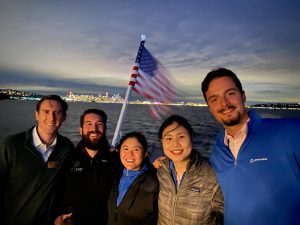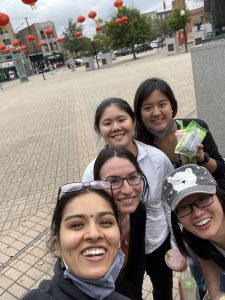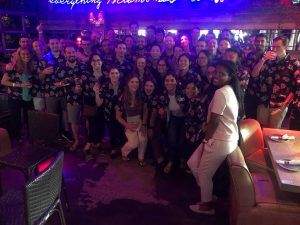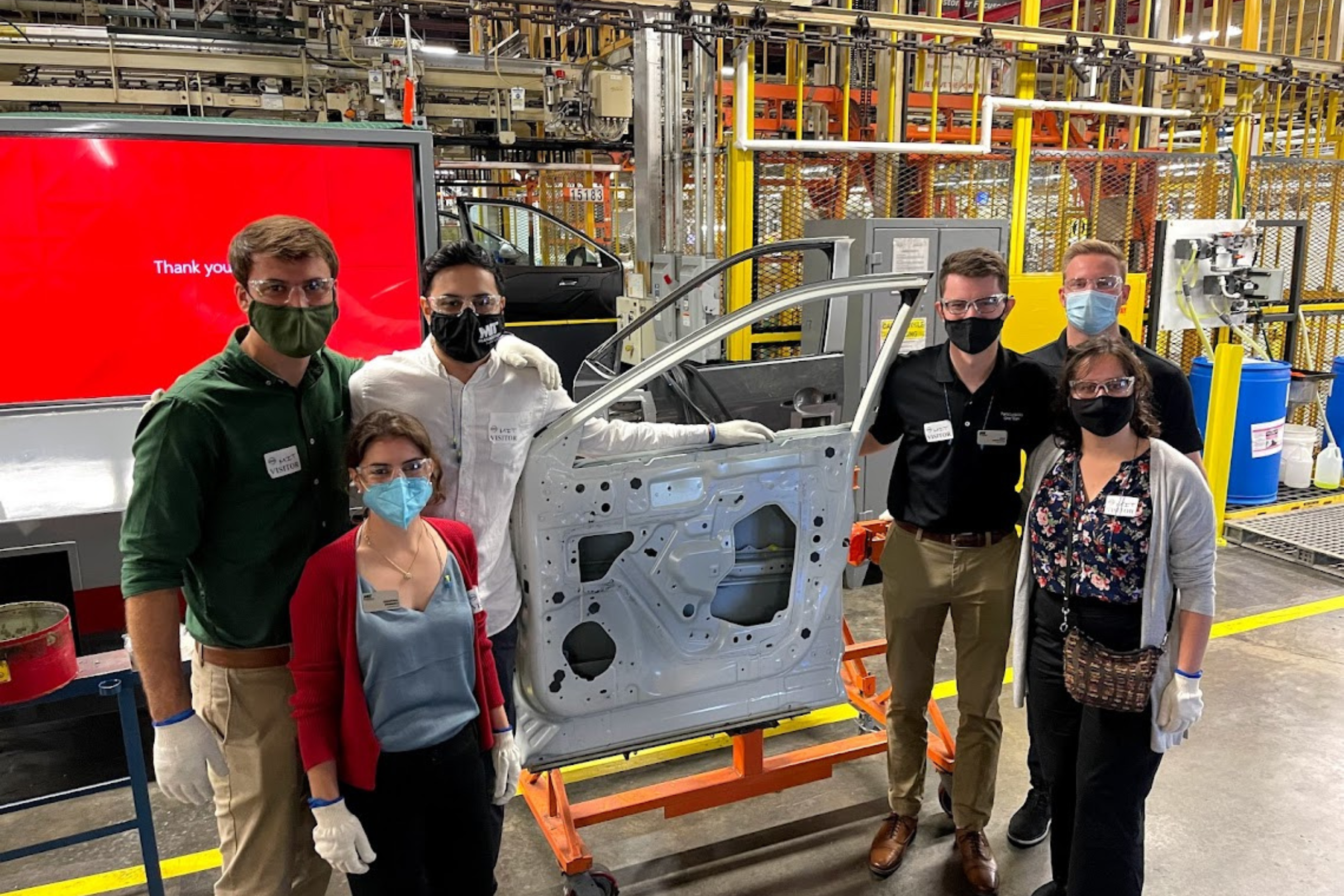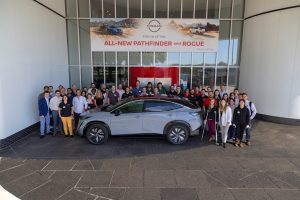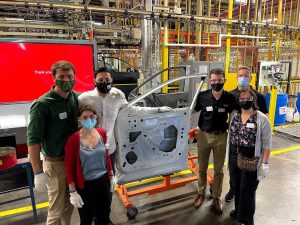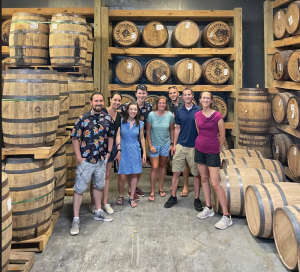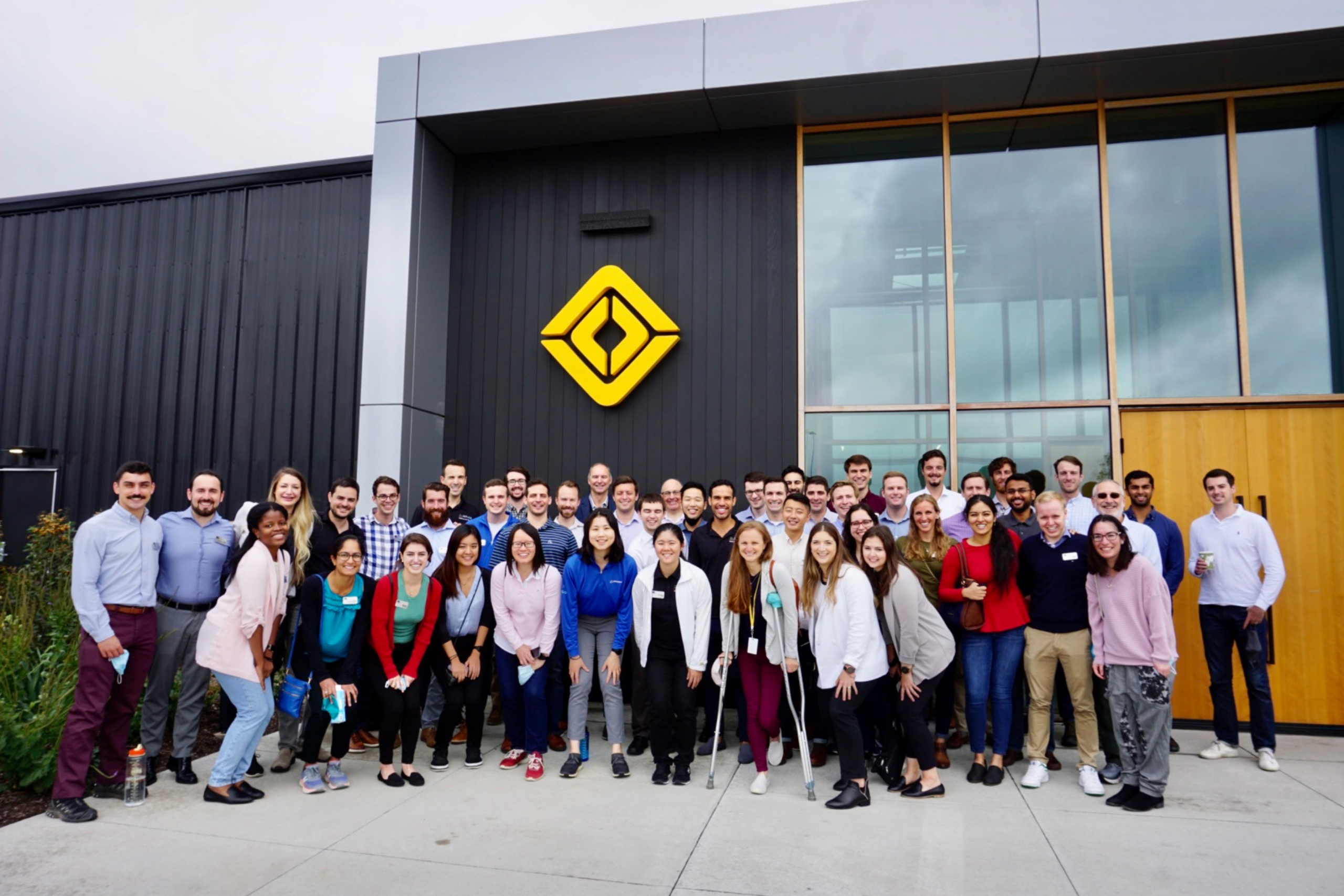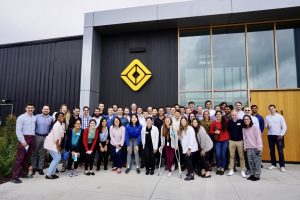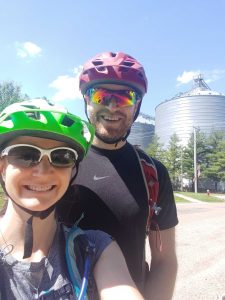Introduction
Hi, my name is Alex Davis and I’m an LGO ’24 (MBA/ M.S. MechE) and am currently living in East Cambridge with my dog Koko. I’m studying robotics and machine learning along with the MBA Core here at MIT. After spending five years working as an Armor officer in the U.S. Army, one of the things people told me when they found out I was leaving the force was that it would be difficult to find a group of people as committed to supporting each other as fellow soldiers are.
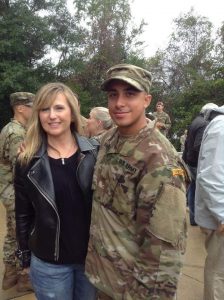
I don’t think they told me this to make me hesitant to get out, it was just something important to consider when choosing the next step of my path. One of the things I loved about the military was that I knew many of the people I served with would bend over backwards to help me out just like I would do for them. As I explored different options when transitioning out of the military, I found that MIT’s LGO program seemed to foster a similar sense of camaraderie. Combining that bond with the cohort with a top-class business and engineering education was all I could hope for. I found that within the first month of the program I felt that I could count on fellow LGOs, whether they were students or alumni, to have my back in whatever I’m trying to do.
Transition from the Military to LGO
As I investigated what options there were for me outside of the military, I decided that an MBA would give me time to explore various interests in a low-stakes environment while equipping me with the skills I would need to lock down meaningful leadership roles in future jobs. While exploring MBA programs, I knew that I wanted to get back in touch with my engineering side which naturally led me to the LGO program at MIT. I was immediately impressed when I reached out to Dan Borchik, LGO ’22 and Army veteran, for advice. He answered several of my questions about the program and gave me quick and helpful feedback on my resume and info on the community at LGO. The way he described the values of the people and the mission of the program made me feel much less hesitant about leaving the military to try and join LGO.
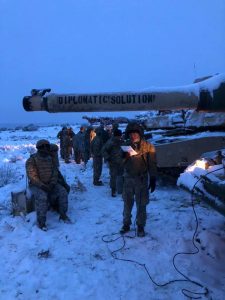
After being admitted and starting the program this June, I still felt nervous. I had just moved to a new city, felt some uncertainty about how to work with people who had never spent any time in the military, and was still trying to figure out exactly how to financially support myself while in school. After a few days I found that there was no need for apprehension. Every LGO I’ve met has been an amazing person. We were all going through a transition, not just the veterans, and the Summer Core was a near perfect experience to bond everyone together despite (or perhaps because of) its academic intensity. We still found time to socialize, go sailing, and more together. My favorite experience was singing karaoke in Boston’s Chinatown with a bunch of talented LGO pop stars. Going into the MBA Fall, I knew that I had a tight-knit group of friends supporting me whenever I needed it.
Fall Semester
The Fall semester was an easy transition after the summer since I was already settled in and was used to being in school again. This gave me the opportunity to spend more time exploring the resources at MIT and really evaluate all the clubs and groups available to the students here. Getting to know all the other students at MIT has been great. There’s no shortage of social events once the other Sloanies arrive which can be overwhelming but is great for getting to know everyone in your class. I’ve especially loved the C-functions where affinity groups put on an event celebrating aspects of their culture. I’ve gone to the Japan and Black Business Students Association functions and had a great time.
The veteran’s club has been very active and has lots of events both for veterans and also mixers between the vets and other clubs. I also have enjoyed exploring some of the professional clubs around campus like the Entrepreneurship through Acquisition Club which has opened my eyes up to an exciting career possibility that I didn’t even know about before I came here. Some of my friends who are interested in project management and consulted have told me that both of those clubs are great for preparing you for successful recruiting in those jobs. Between interesting classes, social events, and professional clubs, the hardest part of being here is prioritizing all the cool things you could be doing.
A Bit of Advice
If you are a veteran and interested in LGO or any MBA program, here are just a few things that may help from my perspective:
- The first thing is to not just get one person’s perspective. If you have time, get some info from several people involved with both Sloan and LGO. I reached out to current LGOs and staff members but it would have helped to talk to alumni and Sloanies as well.
- Believe in yourself! This may sound a bit generic but don’t let doubts about yourself get in your way. Once you’ve sat down and thought about what program fits you and what you want to be a part of, don’t discount the skills and experiences you’ve had because they don’t match up exactly with the rest of the class. Veterans bring more experience in leadership than most applicants and much of what you’ve learned about getting the most out of the people you work with will translate better than you think.
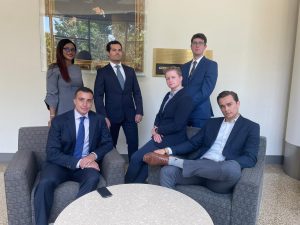
Suited up with fellow LGO ’24s - Think of the application as a puzzle. The application process gives you a limited space and set of materials to convey what makes you unique and what you can do to add value to the MBA experience. Don’t cover the types of skills or experiences in the video introduction as you did in the cover letter. Think of each part of the materials as an opportunity to put something forward that the admissions committee didn’t know about you before so they are (hopefully) constantly pleasantly surprised while reading through everything.
- Slow down and reflect. Finally, really take some time and reflect on what you are interested in, what you bring to the table, and how you want to make an impact on others. The specifics might change, but if you really figure out what your core values are and how you can leverage them to make a better world, both your application and your experience outside of the Army will be significantly better. You will choose a program or a job that fits your values which will always be a good thing, regardless of your exact path.
Final Word
I hope I’ve been able to shed some light on the LGO experience from a veteran’s point of view. I have no doubt that this has been the best choice I could have made, and I think that would be true of many veterans. The program and the people within the program actually share many of the values that are important to us in the military which has made it feel like home to me. I’m available to talk to anyone interested in the program or Sloan and I hope to see many of you next Fall!


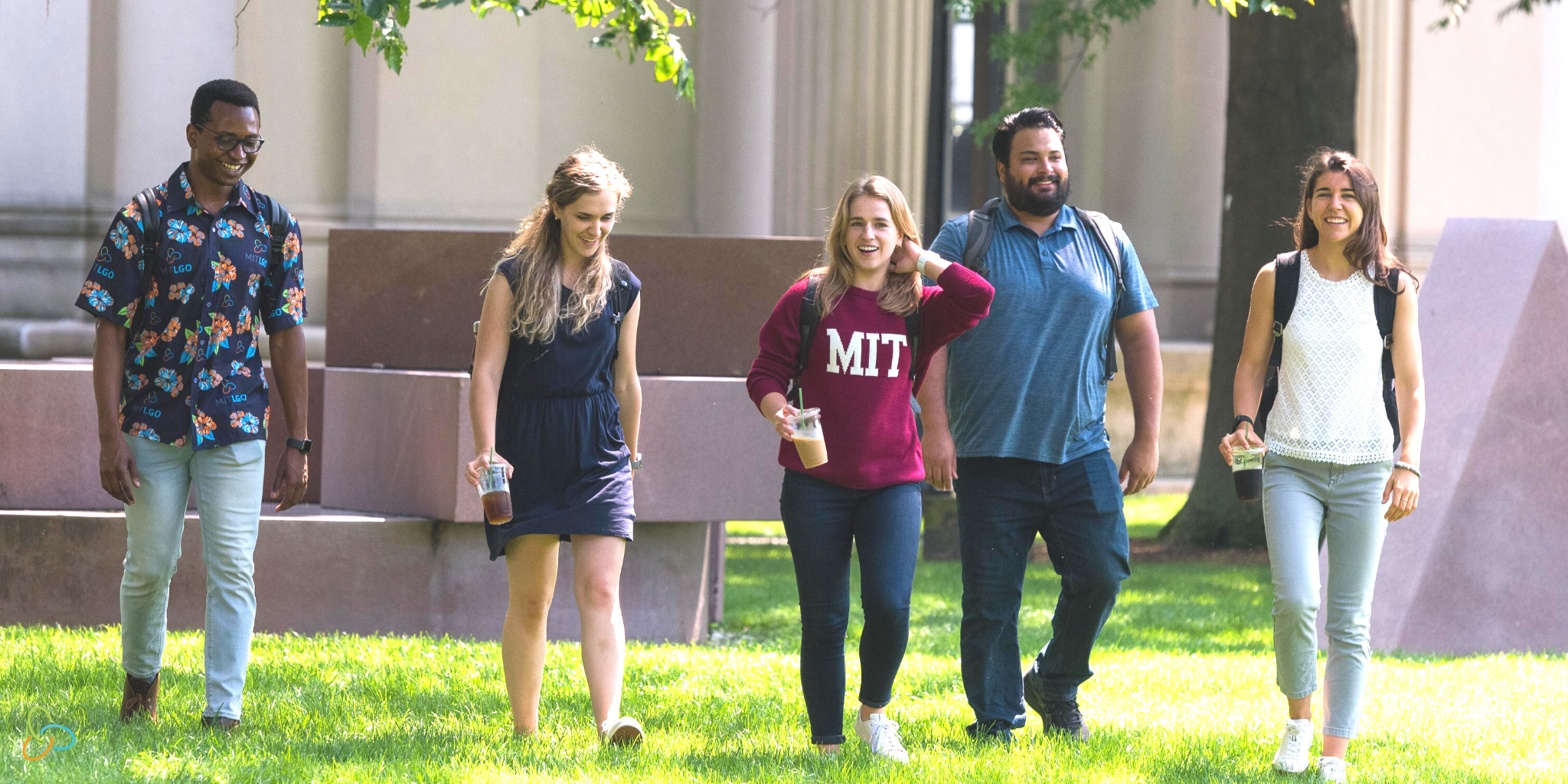
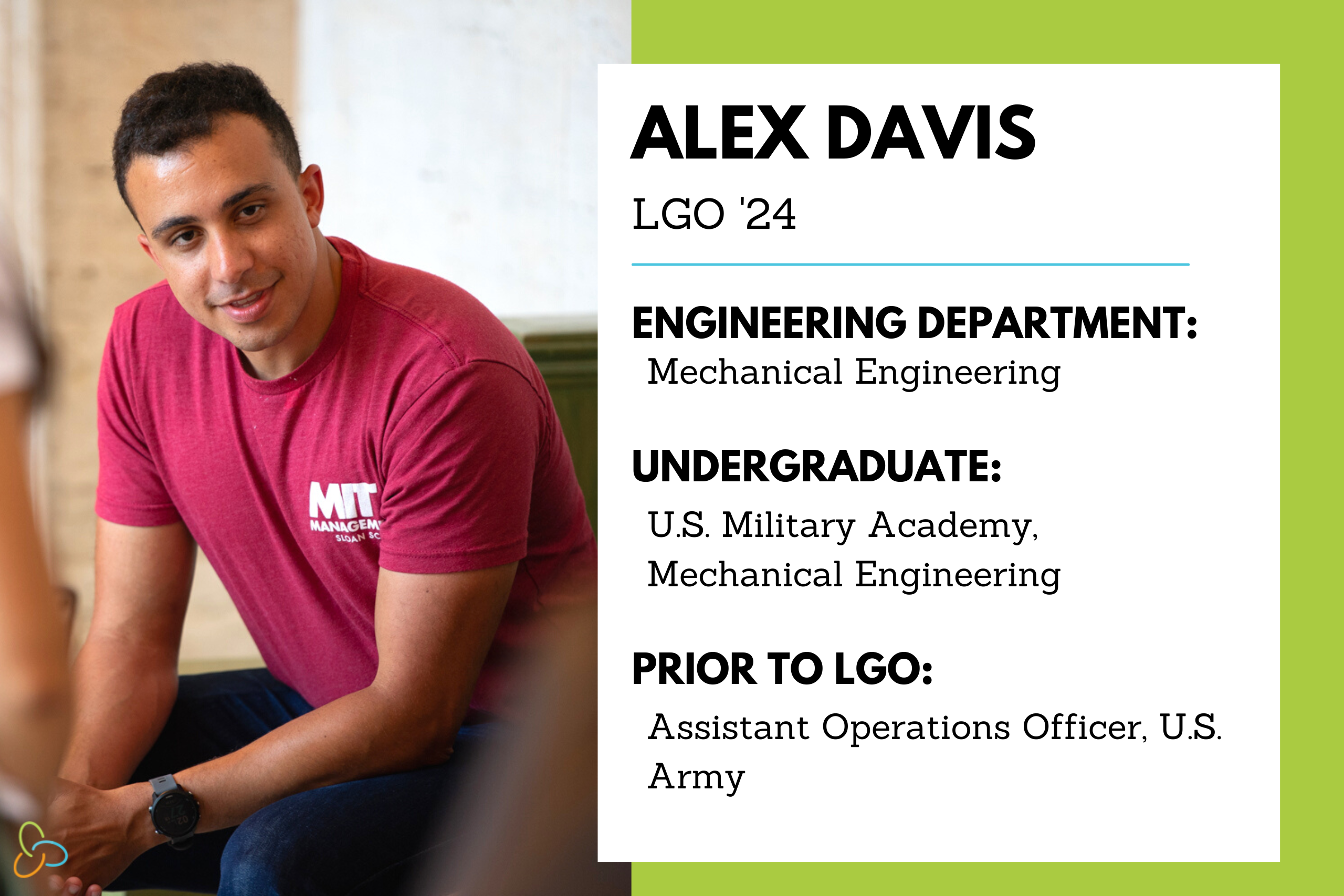
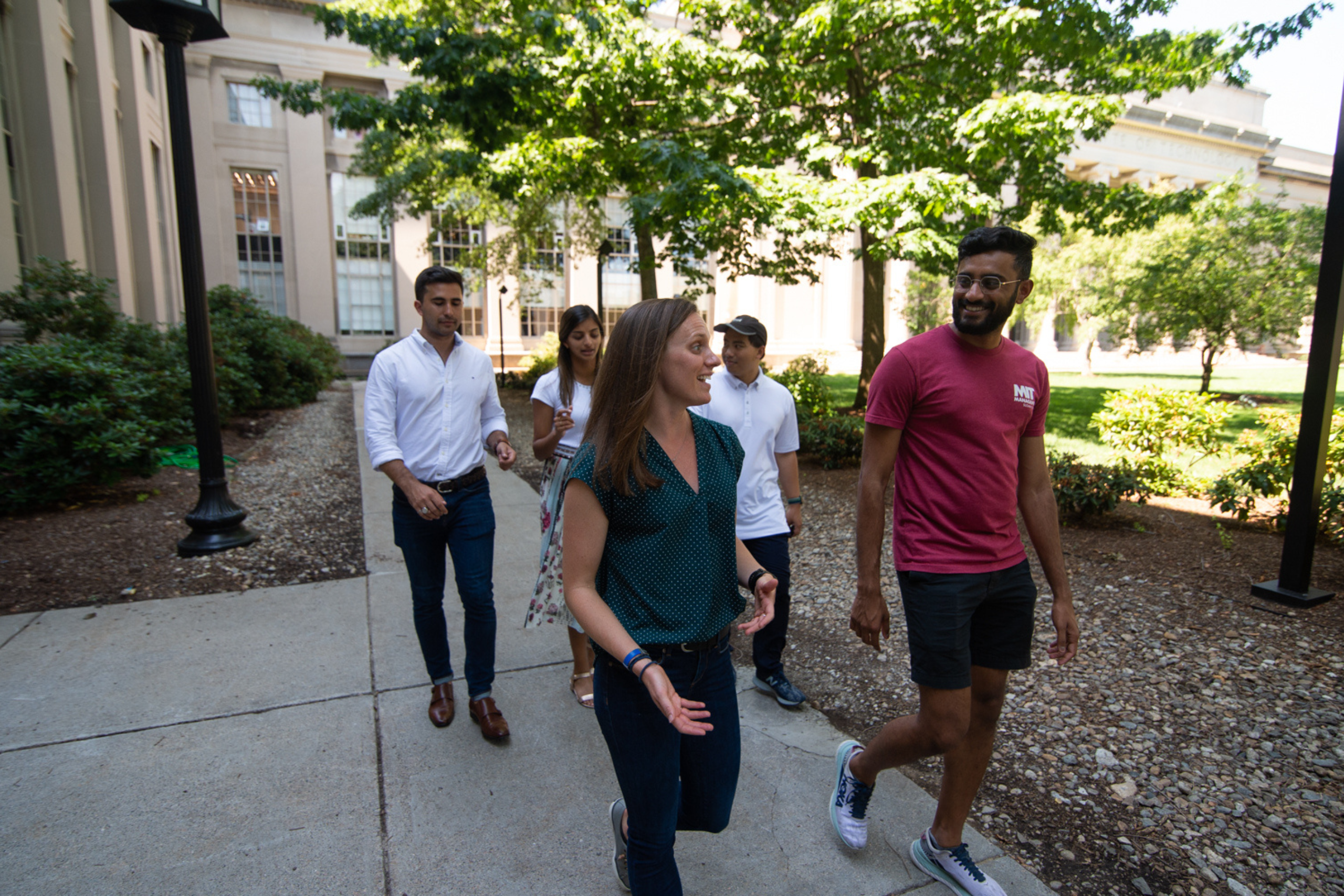
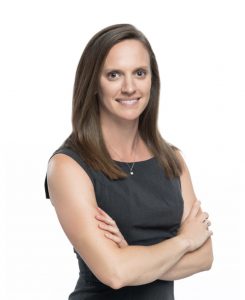 Background:
Background: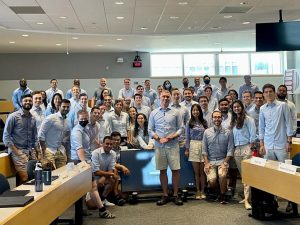
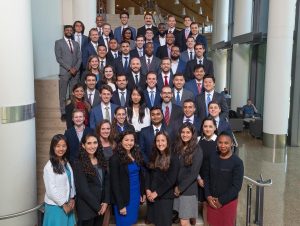
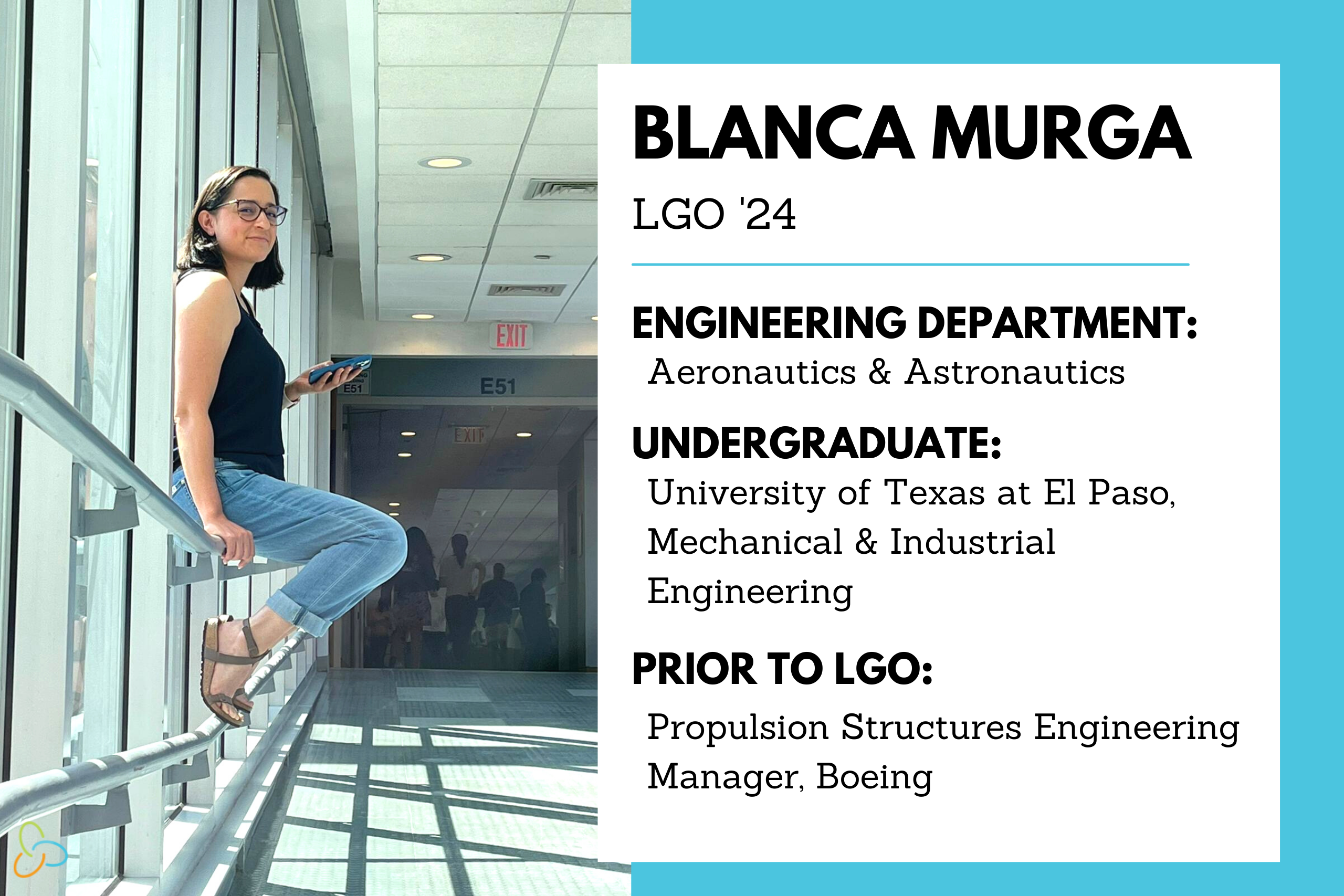
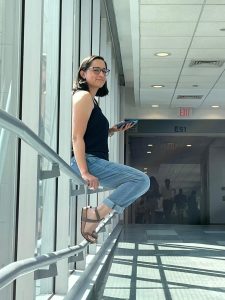 I was born and raised in Mexico in a US border town to a traditional Mexican family. By traditional, I mean a mother who sacrificed her career to stay at home and care for her children and a father that worked long hours to provide for his family. As such, some in my family did not have high expectations for my professional achievements. On the contrary, I was expected to have at most a part-time job that would allow me to fulfill my most important roles: being a wife, to a hardworking man of course, and a mother. Imagine then my father’s surprise when I proclaimed I wanted to be an engineer and have a career. My path from that moment to attending college in the US across from my border town was not easy and not without tears. Thankfully, my mother was my ally. She fought hard for me to have that opportunity and changed the course of my life.
I was born and raised in Mexico in a US border town to a traditional Mexican family. By traditional, I mean a mother who sacrificed her career to stay at home and care for her children and a father that worked long hours to provide for his family. As such, some in my family did not have high expectations for my professional achievements. On the contrary, I was expected to have at most a part-time job that would allow me to fulfill my most important roles: being a wife, to a hardworking man of course, and a mother. Imagine then my father’s surprise when I proclaimed I wanted to be an engineer and have a career. My path from that moment to attending college in the US across from my border town was not easy and not without tears. Thankfully, my mother was my ally. She fought hard for me to have that opportunity and changed the course of my life.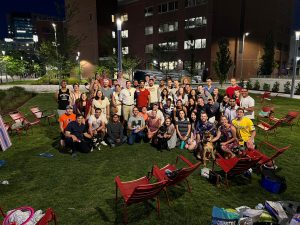
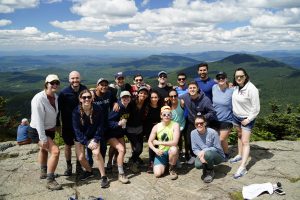
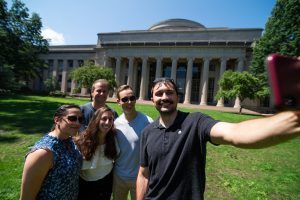
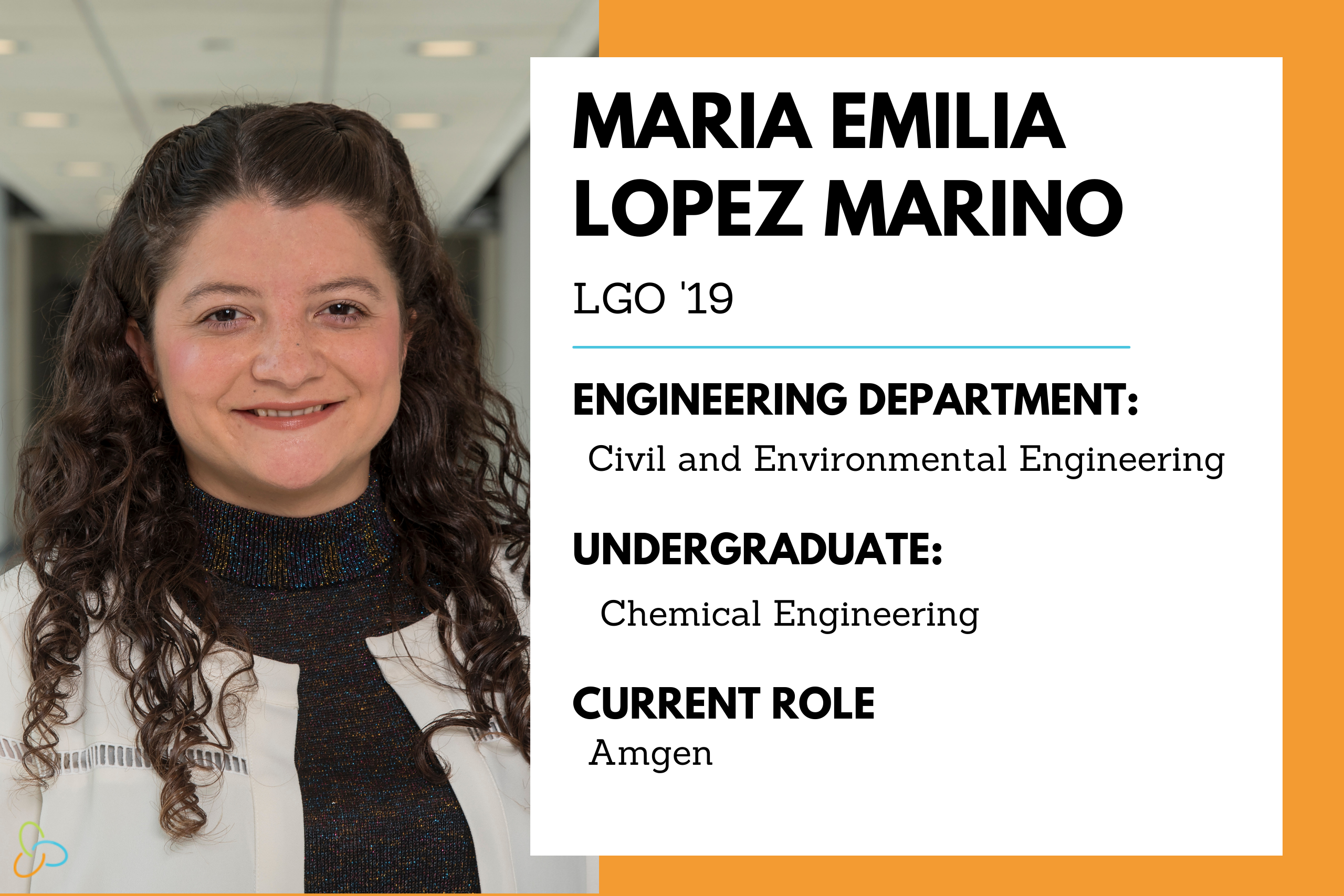
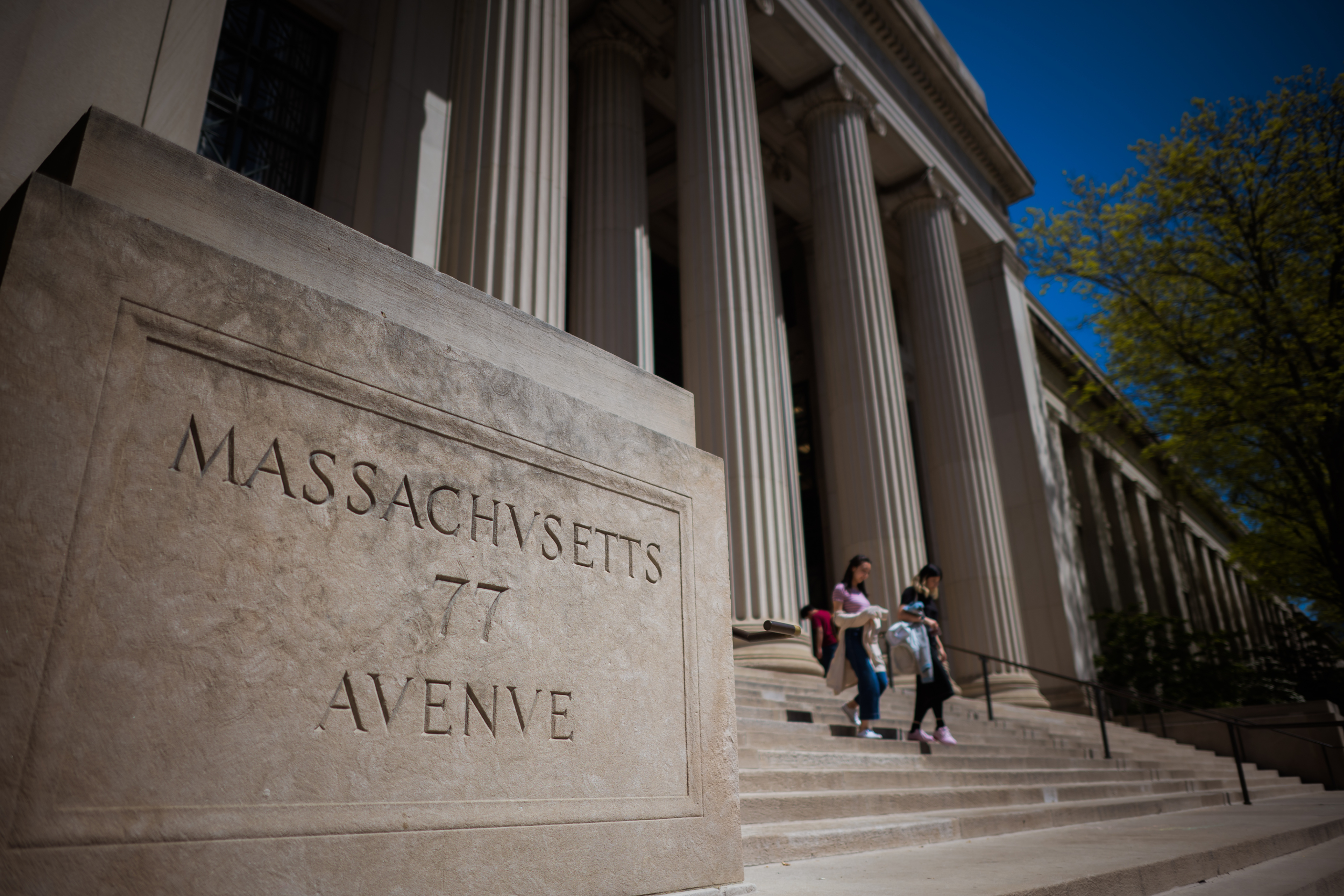
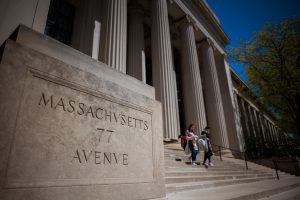
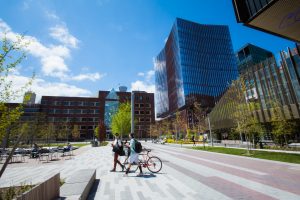
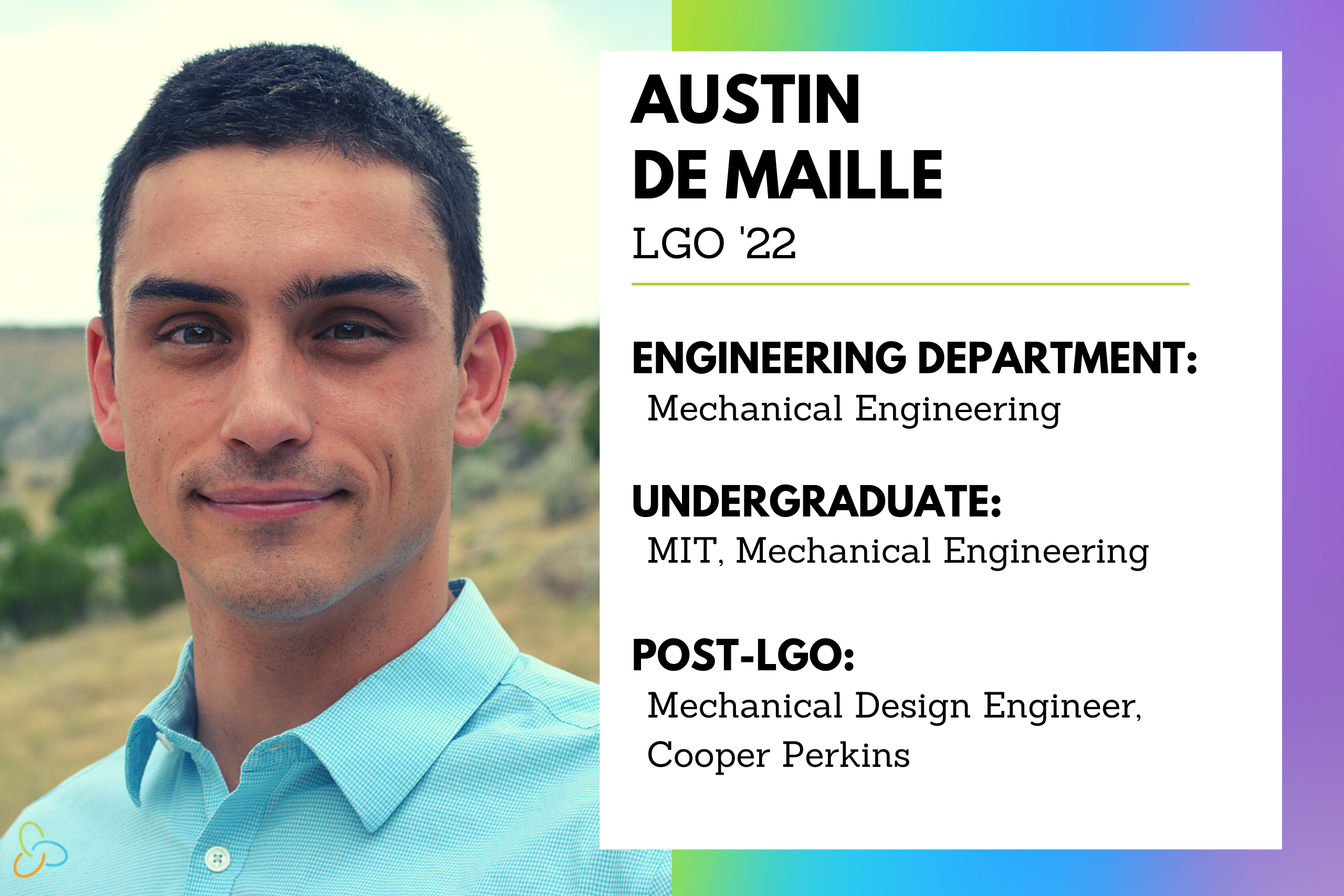
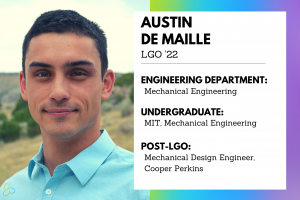
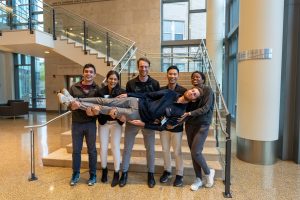
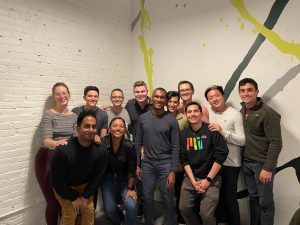
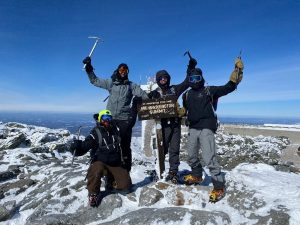
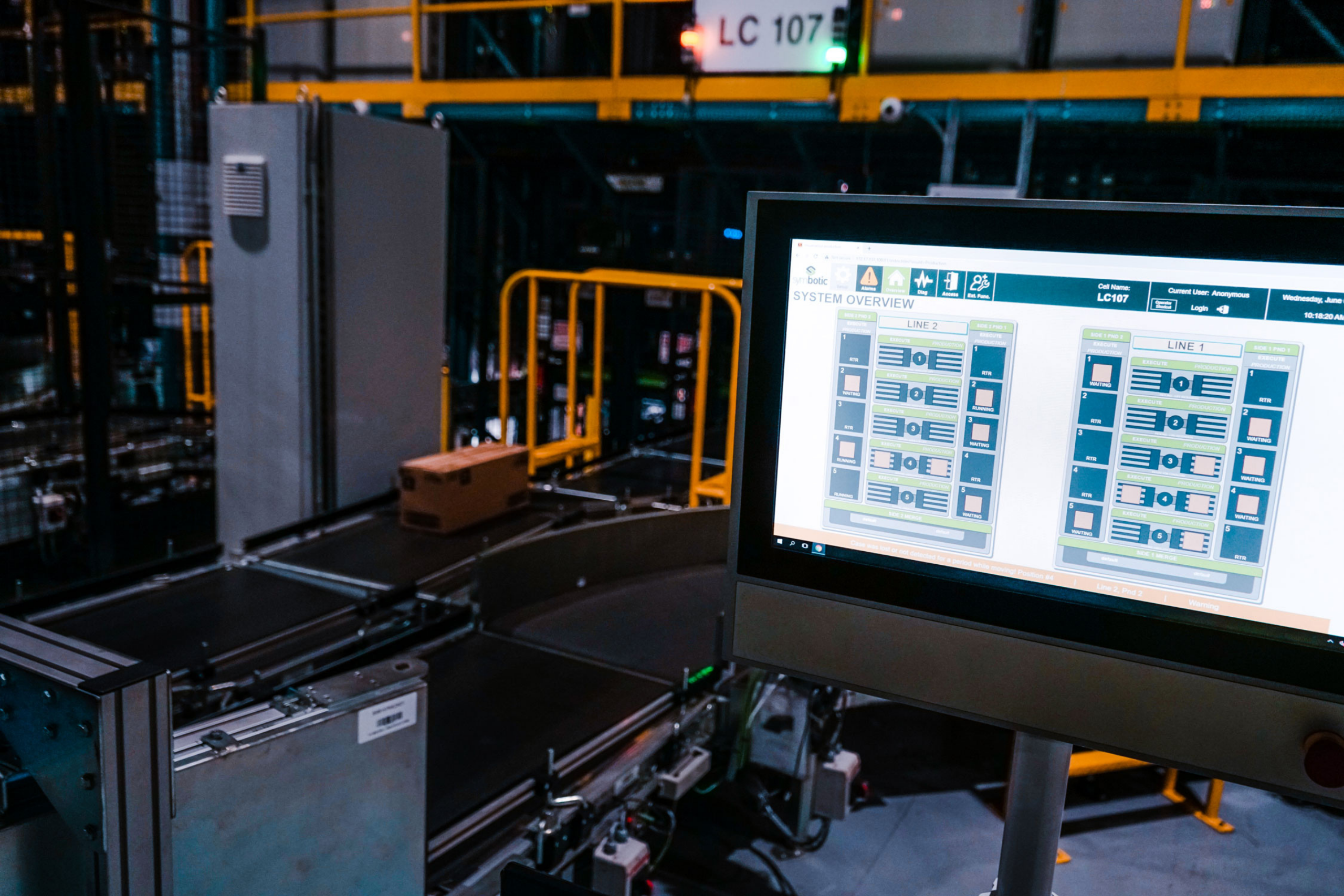
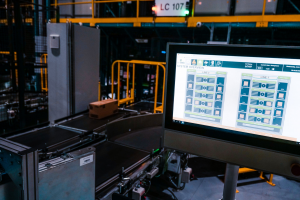
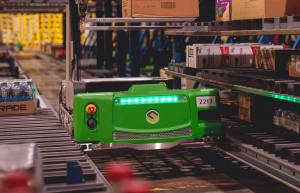
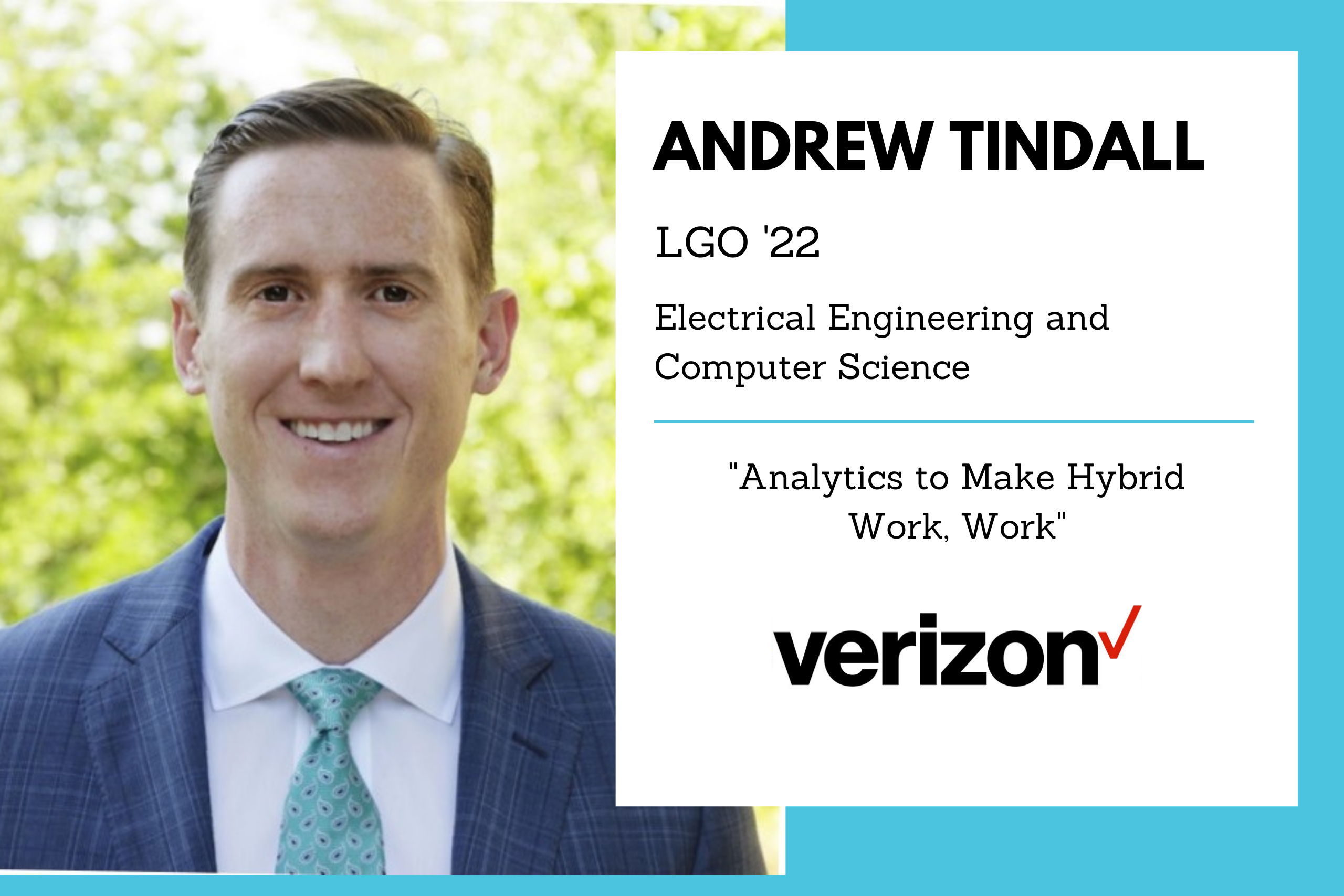
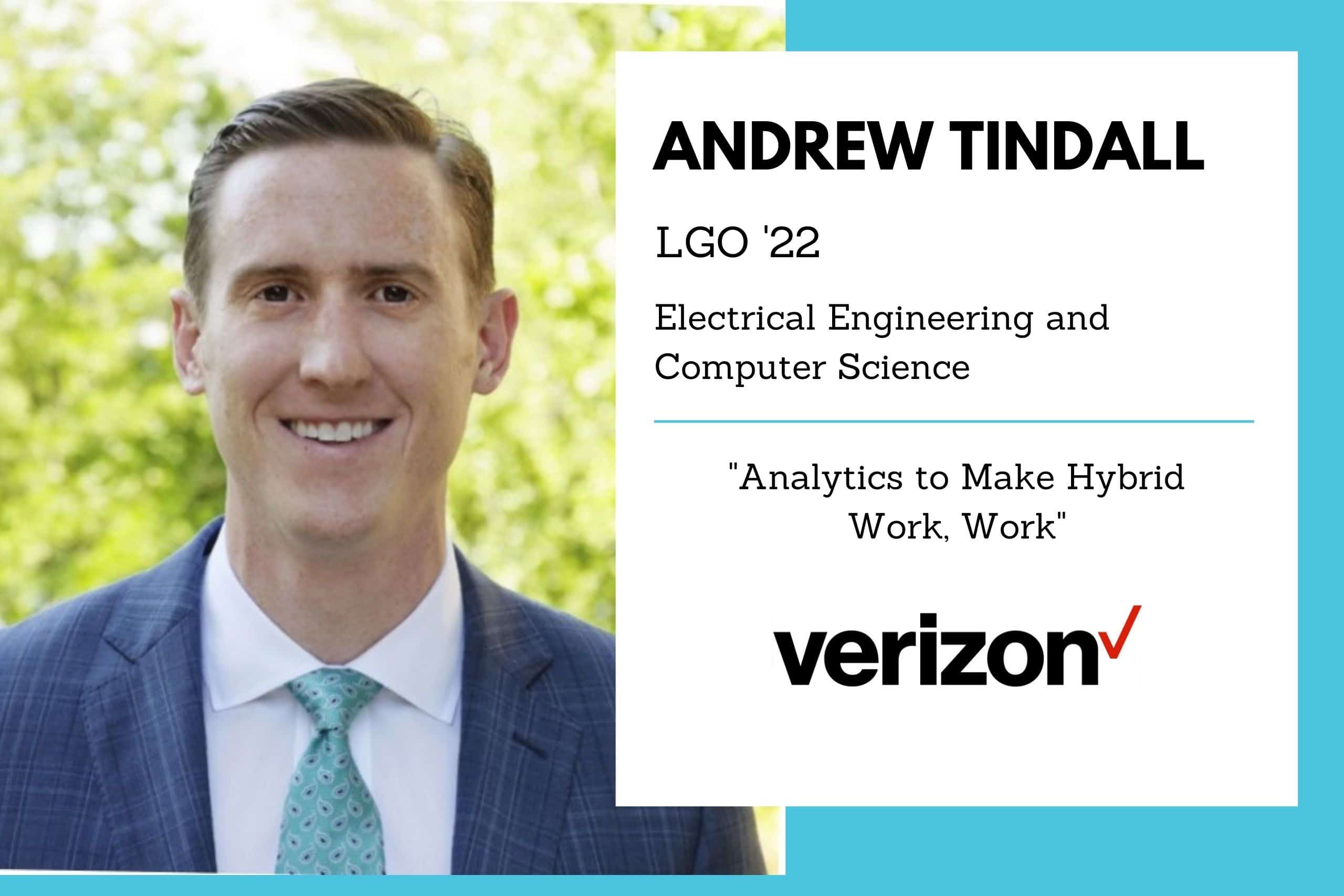
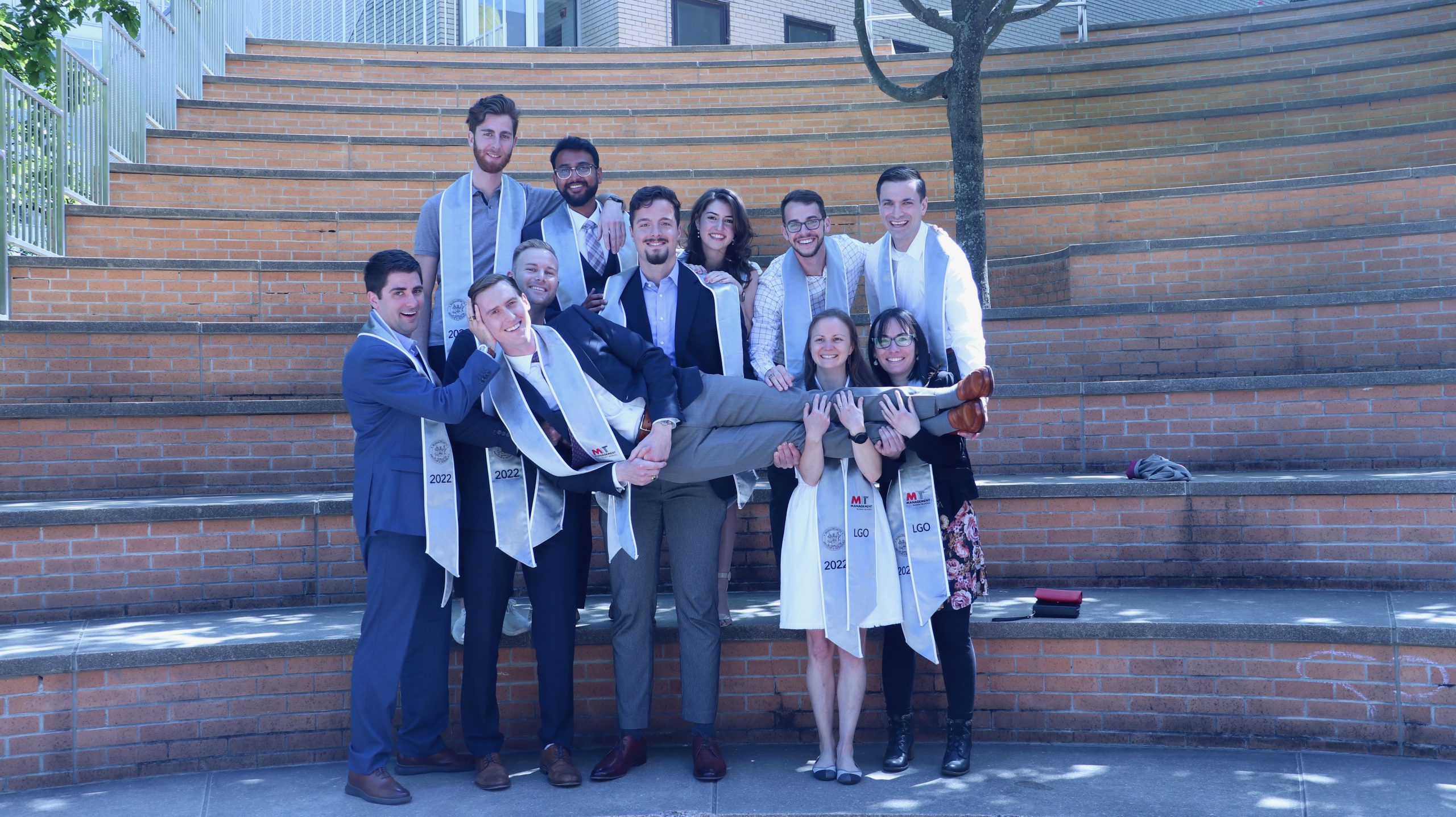

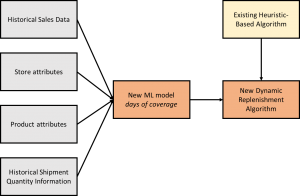
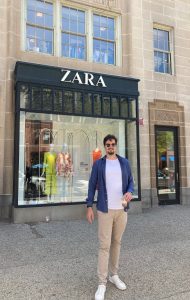
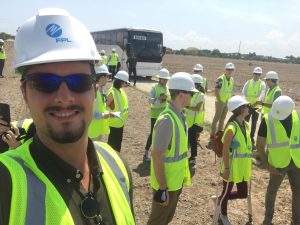
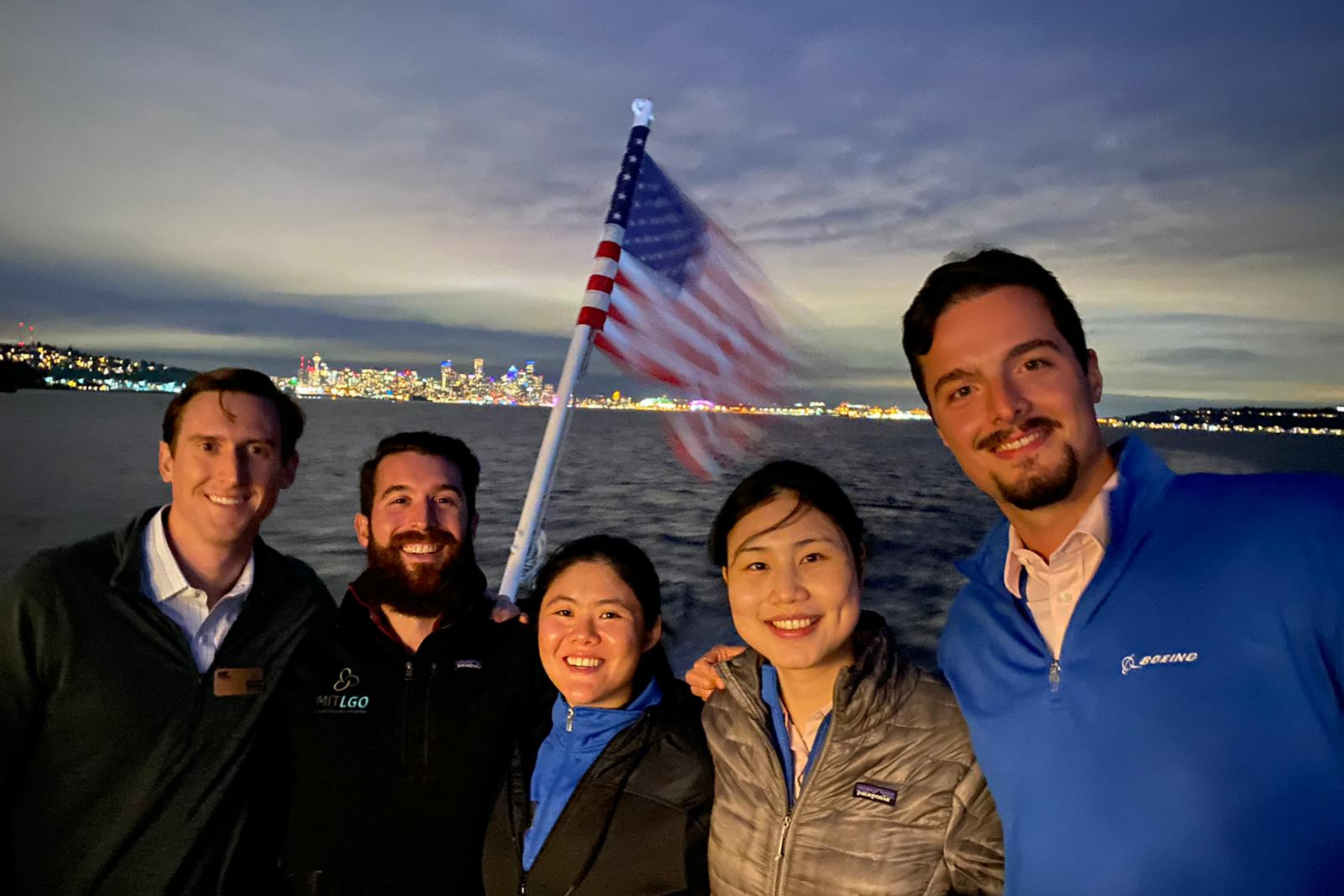
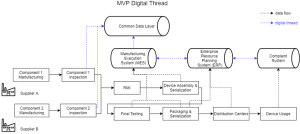 To have something tangible for the internship, I focused on implementing a proof-of-concept digital thread for one of the products, but the long-term goals is to have digital threads and digital twins (digital version of the physical processes) for all of Ethicon’s products.
To have something tangible for the internship, I focused on implementing a proof-of-concept digital thread for one of the products, but the long-term goals is to have digital threads and digital twins (digital version of the physical processes) for all of Ethicon’s products.